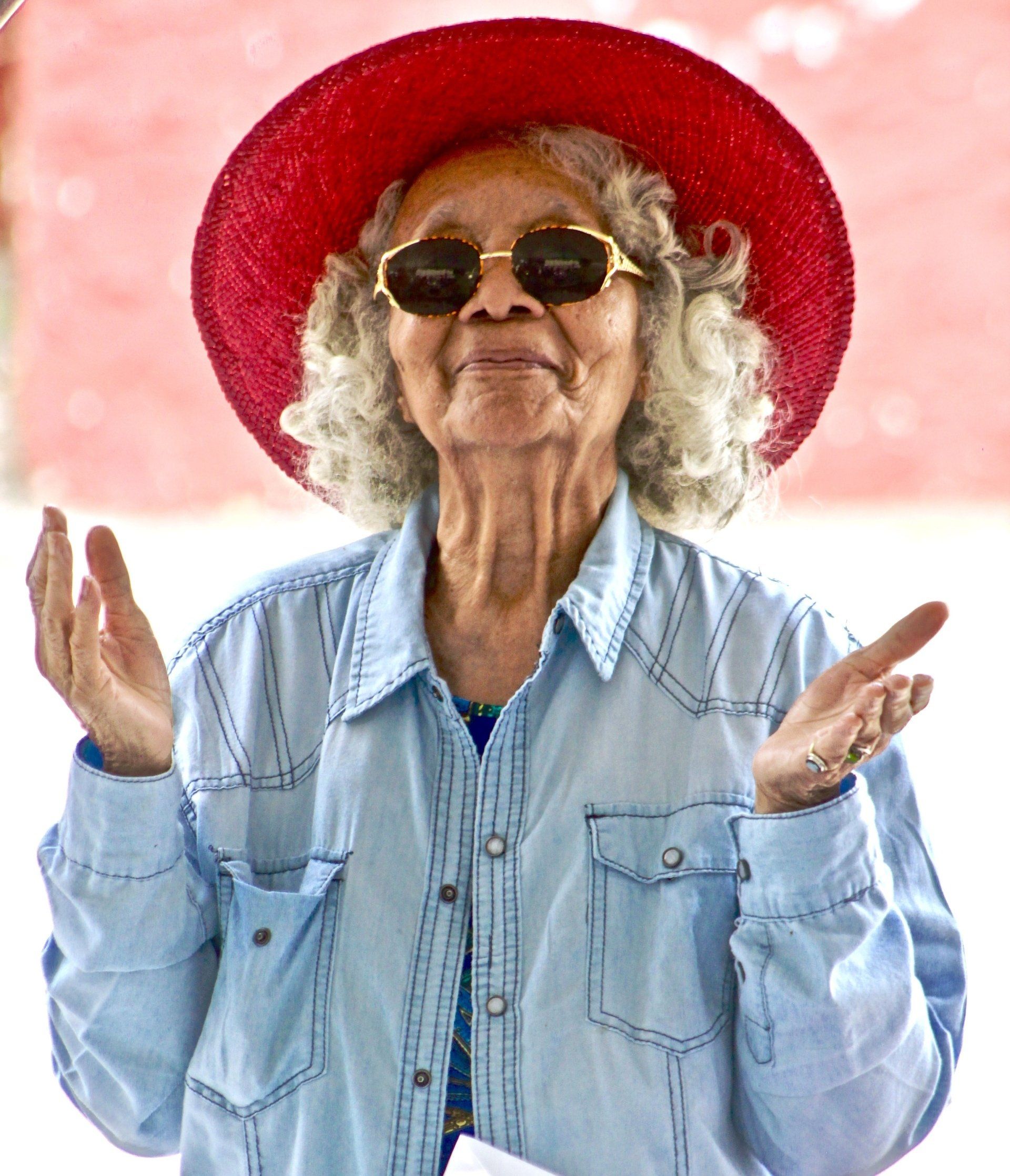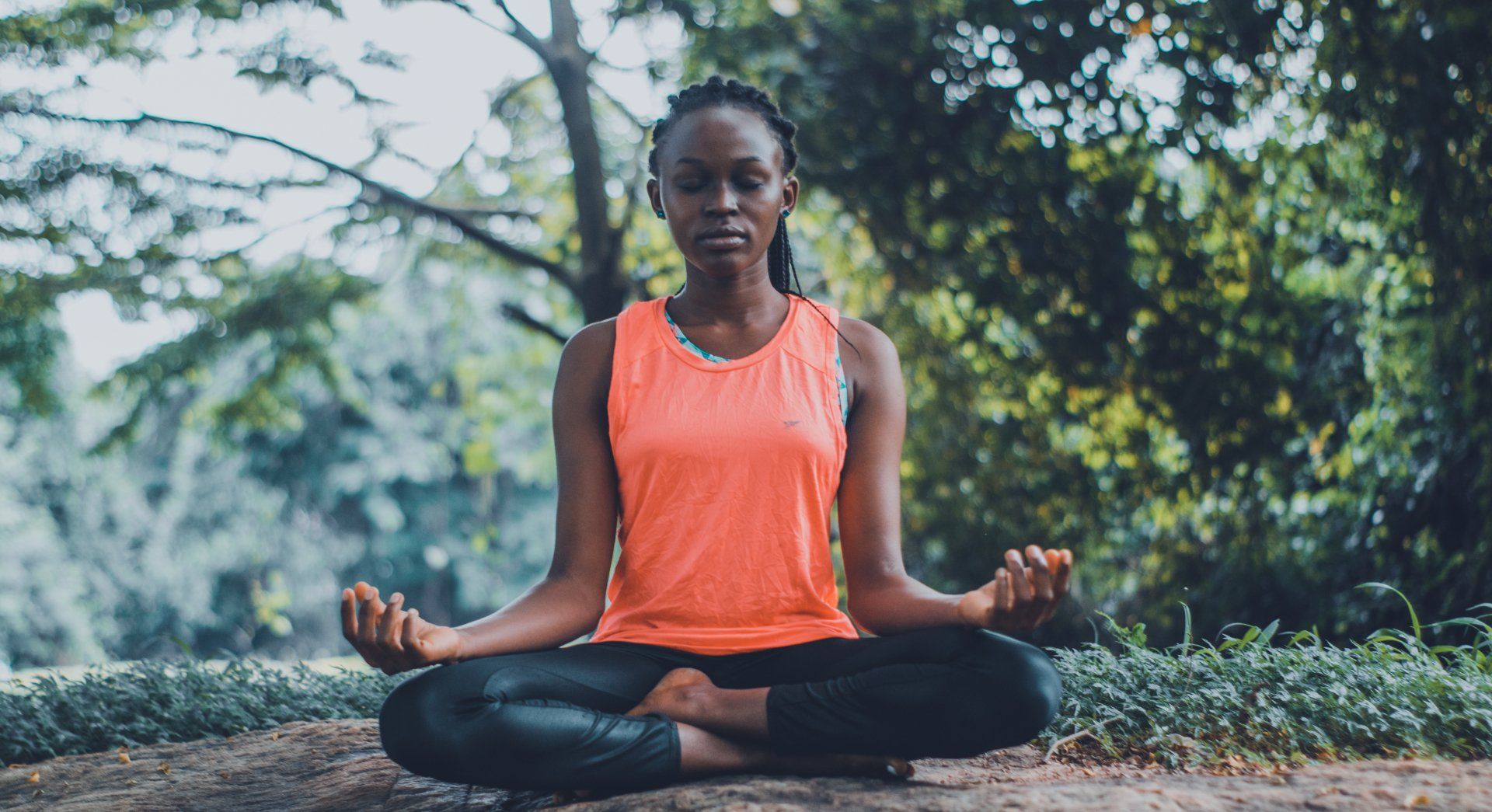So You Want to Live to 100?
New Year's Day is typically the day to resolve to do some things differently. And when it comes to making changes to improve our health, there's lots of research on what changes can lead to healthier living.
While we're always hoping something magical will come along to catapult us to good health — some superfood or new exercise trend — the reality is much more mundane.
It's what we eat, how we move, how much we sleep, and how much we manage stress and social connection that can really make a difference.
And at a time when life expectancy in the U.S. has dipped and diet related disease is a leading cause of death, it's no wonder that Dan Buettner's decades-long exploration of centenarians who thrive in the longest-lived communities on Earth is attracting lots of attention. In his book and Netflix series The Blue Zones: Secrets for Living Longer, Buettner takes us to five communities across the globe with the highest concentration of centenarians.
"People in blue zones, they're not thinking about their health or a diet or an exercise program. They're not doing anything except living their lives," Buettner says.
They are living longer without intentionally setting out to do so.
For most of us, it's not feasible to switch places with these village dwellers, but we can learn from their simple habits and customs: Here are some ways to swap old habits for new ones, inspired by the blue zones.
Swap 1: Trade the La-Z-Boy for a mat and a garden
People in long-lived communities, incorporate movement into their daily lives by gardening, working the land and spending time outdoors.
Swap 2: Ditch DoorDash and eat like a peasant
Buettner describes meeting the oldest family in the world, whose collective age of nine siblings was 860 years (about a 95-year average). Their daily staple was a traditional Sardinian minestrone soup made from leftover garden vegetables, beans, a little barley, some tomatoes and a bit of olive oil. The Sardinians also eat a lot of whole-grain sourdough.
The top five pillars of the blue zones' diets are whole grains, vegetables, greens, beans and tubers, such as potatoes.
Swap 3: Reduce meat and aim for a plant-forward approach
In blue zones, more than 95% of dietary intake is from plant-based foods.
David McLain/Dan Buettner
The typical diet in the U.S. includes about 220 pounds of meat per year, per person. In the blue zones, it's about 20 pounds a year... There's just a little bit of cheese and a small amount of fish.
Swap 4: Give loneliness the boot — become a joiner
Costa Rica's Nicoya Peninsula is a blue zone that spans a 30-mile strip made up of pastureland and tropical forests. The climate is warm and sunny. People don't make much money, but the country's health care system is generous and men in the region are about three times more likely to live to 90 compared with men in the United States. As Buettner points out, its isolation from the rest of the world has helped stitch people together. "They rely on each other," Buettner says.
They show up for each other, and they live about seven years longer than the average American. Find community based on your interests, whether it's playing pickleball, joining a gardening or hiking club or getting involved in a civic project in your community.
Swap 5: Revamp social media to cultivate friends and a sense of purpose
"The best longevity hack is to curate your immediate social circle. That doesn't mean dumping an old friend who has some unhealthy habits, but "they're probably influencing you in the wrong way," he says. One strategy is to curate your feeds so you're seeing content from people who share your interests and values. If someone makes you feel uncomfortable, say goodbye. Find people who "fill your bucket" and inspire you.
Over the years, I've written a lot about research that shows just how contagious our habits are. If you're happy and engaged, positive emotions spread. If you aim to live a healthier life, your odds improve.
Swap 6: In lieu of an afternoon espresso, take a nap
When I gather with friends, the conversation often revolves around the zillion things keeping us busy. Between our work commitments, launching kiddos to college, caring for aging parents and travel, this busyness can be viewed as a status symbol. To push through these busy days, it's common to caffeinate rather than downshift. But this is the antithesis of a blue zone mindset.
The alternative: a cat nap for as little as 20 minutes in the afternoon. It's a habit that Buettner says he has adopted in his own life.
Swap 7: Trade big-city rents for an affordable home (and maybe keep your parent nearby)
For this swap, a lot of people may need some assistance, but consider how Singapore has helped its residents.
About 80% of people in Singapore own their home, which is an extraordinarily high rate of ownership. This is partly the result of a government policy to subsidize apartments, beginning decades ago.
Singapore is new to the list of blue zones. "Over the last 50 or so years, they've grown life expectancy by almost a quarter of a century, and they've done so by prioritizing people's health and well-being over just business interests," Buettner says. Singapore has adopted policies to promote health such as subsidizing food and prioritizing walkability in the city. "What you have is this very walkable, clean environment where healthier choices are easier," Buettner says. He points to another unique concept: a tax break for people who keep their aging parents close. So though homeownership is out of reach for many Americans, especially in big cities, here's one strategy to consider: a move to a more affordable town, especially for young adults looking to put down roots.
Summary:
There's no single change to create a culture of health. Moving the needle requires dozens of small steps and initiatives that can help nudge people toward better choices and make the healthier choice the easiest. Buettner acknowledges that the original blue zones are fading. The isolation of many of these communities has helped preserve the traditional way of life, but urbanization and the global economy are pushing people to more modern lifestyles.
We'd be wise to stop and take note. A body of scientific research validates the blue zone way of life: Good food, good sleep, good friends, plenty of movement and a sense of purpose are a recipe for living better.
At Eaton Chiropractic we look at your body and your life as a whole. If you have a friend, family member or coworker who is looking to truly elevate their health have them give the team a call at 770-429-9733 for an initial consultation done at our expense. We are in network with all insurance, including Medicare and Kaiser
SHARE THIS POST:
Leave a Comment:
Recent Articles:






Revitalize Your Health Now!
Take the first step towards a vibrant life. Schedule your consultation today and let Eaton Chiropractic transform your well-being. Your journey to health starts here!





